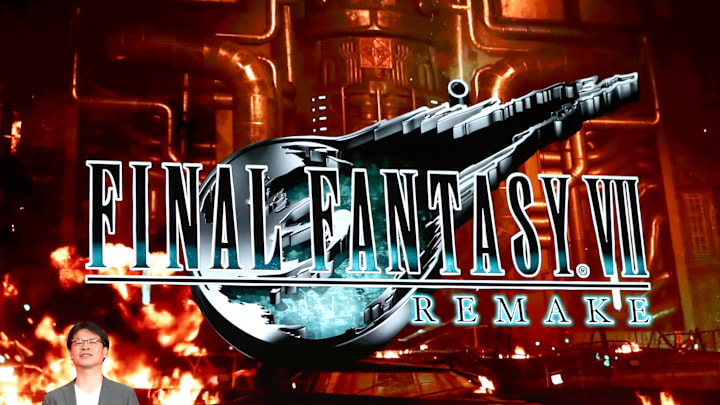Square Enix, one of the gaming industry's juggernauts renowned for its iconic franchises like Final Fantasy and Dragon Quest, has made headlines with a significant financial disclosure. The company recently announced to investors that it anticipates extraordinary losses amounting to a staggering $140 million. This revelation underscores a pivotal shift in Square Enix's overarching strategy, signaling a more discerning approach to game development and resource allocation.
The envisioned losses, categorized as "abandonment losses," imply that Square Enix has opted to reassess or discontinue several internal projects. This decision comes in the wake of a directive from the board of directors to recalibrate the company's approach to developing high-definition (HD) games. With an emphasis on selectivity and focus, Square Enix aims to optimize its development resources more efficiently.
This strategic realignment coincides with changes in leadership, including the appointment of Takashi Kiryu as president, who has embarked on a comprehensive review of the organizational structure. Kiryu's objective is to streamline operations to better align with the company's pipeline of projects. Structural adjustments have already been initiated, with a particular emphasis on enhancing quality control mechanisms during the early stages of game development.
Despite ongoing speculation surrounding potential remakes and new installments in acclaimed franchises like Final Fantasy and Dragon Quest, Square Enix faces challenges diversifying its portfolio beyond its flagship titles. While highly anticipated projects such as Final Fantasy XVI and Rebirth have garnered attention, exclusivity deals and platform limitations have presented hurdles. Additionally, recent releases like Forspoken and various smaller RPGs have failed to generate significant traction in the market.
Looking ahead, Square Enix remains committed to delivering on its pipeline of upcoming titles, including Kingdom Hearts IV and Dragon Quest XII. However, the company's immediate focus appears to be on managing its current portfolio and optimizing its development processes. As it navigates this transition, Square Enix aims to strike a balance between maintaining its core franchises' integrity and exploring new avenues for innovation and growth.
This shift in strategy reflects a broader trend in the gaming industry, where publishers and developers are grappling with evolving market dynamics and consumer expectations. With rising development costs and increasing competition, companies like Square Enix must adapt to remain agile and resilient in a rapidly changing landscape.
Furthermore, Square Enix's decision to prioritize quality over quantity underscores the importance of delivering polished, engaging experiences that resonate with players. By being more selective about the projects it pursues, the company aims to uphold its reputation for delivering compelling narratives, captivating gameplay, and immersive worlds.
Ultimately, while the announcement of extraordinary losses may raise concerns among investors and fans alike, it also signals Square Enix's commitment to long-term sustainability and creative excellence. As the gaming industry continues to evolve, adaptability and innovation will be key drivers of success, and Square Enix's strategic pivot reflects its ongoing efforts to stay at the forefront of gaming innovation.
The $140 million in extraordinary losses and the strategic pivot by Square Enix are likely to have ripple effects throughout the gaming industry. Other publishers and developers may take note of Square Enix's decision to reassess its game development approach and be more discerning about where they allocate resources.
This shift could lead to a greater emphasis on quality over quantity across the industry, as companies strive to deliver standout experiences that resonate with players and drive long-term success. It may also prompt a reevaluation of development pipelines and organizational structures to ensure that resources are optimized and projects are aligned with market demand.
Additionally, Square Enix's move may influence consumer expectations, as players increasingly prioritize high-quality experiences and value propositions. With greater scrutiny on the games being produced, players may become more discerning in their purchasing decisions, favoring titles that offer exceptional gameplay, storytelling, and value.
Overall, Square Enix's strategic pivot underscores the importance of adaptability and innovation in an ever-evolving industry. As companies navigate challenges and opportunities, the ability to pivot and evolve will be crucial for long-term success in the competitive gaming landscape.
